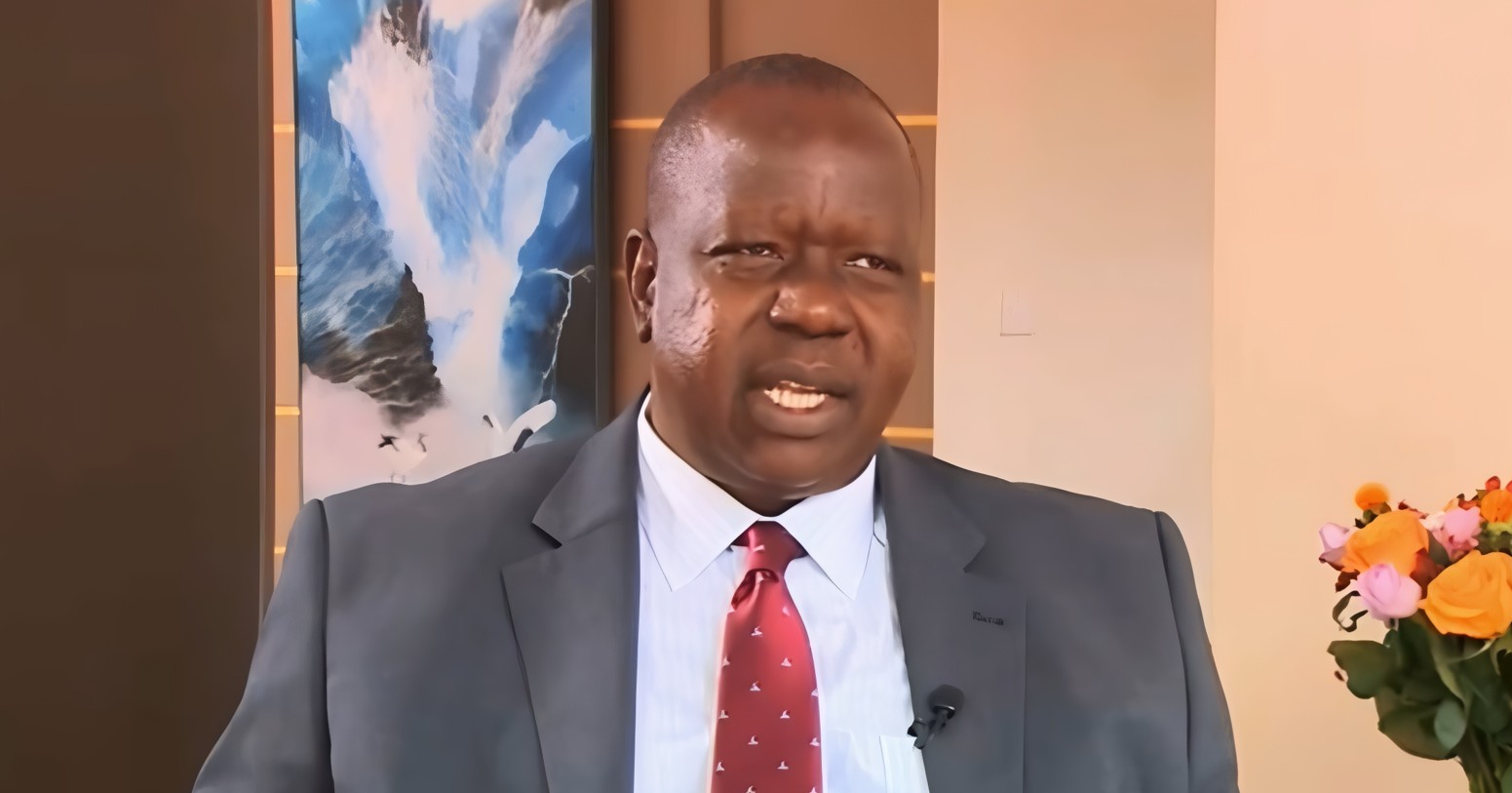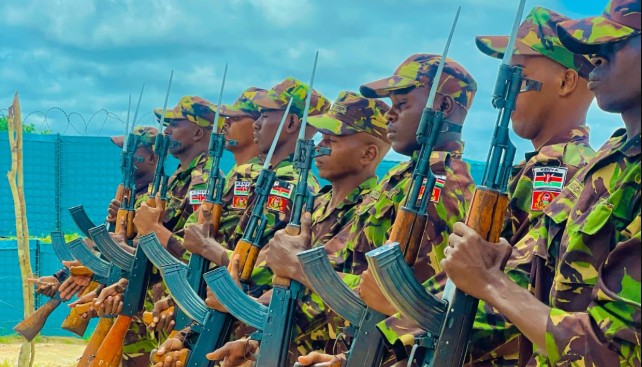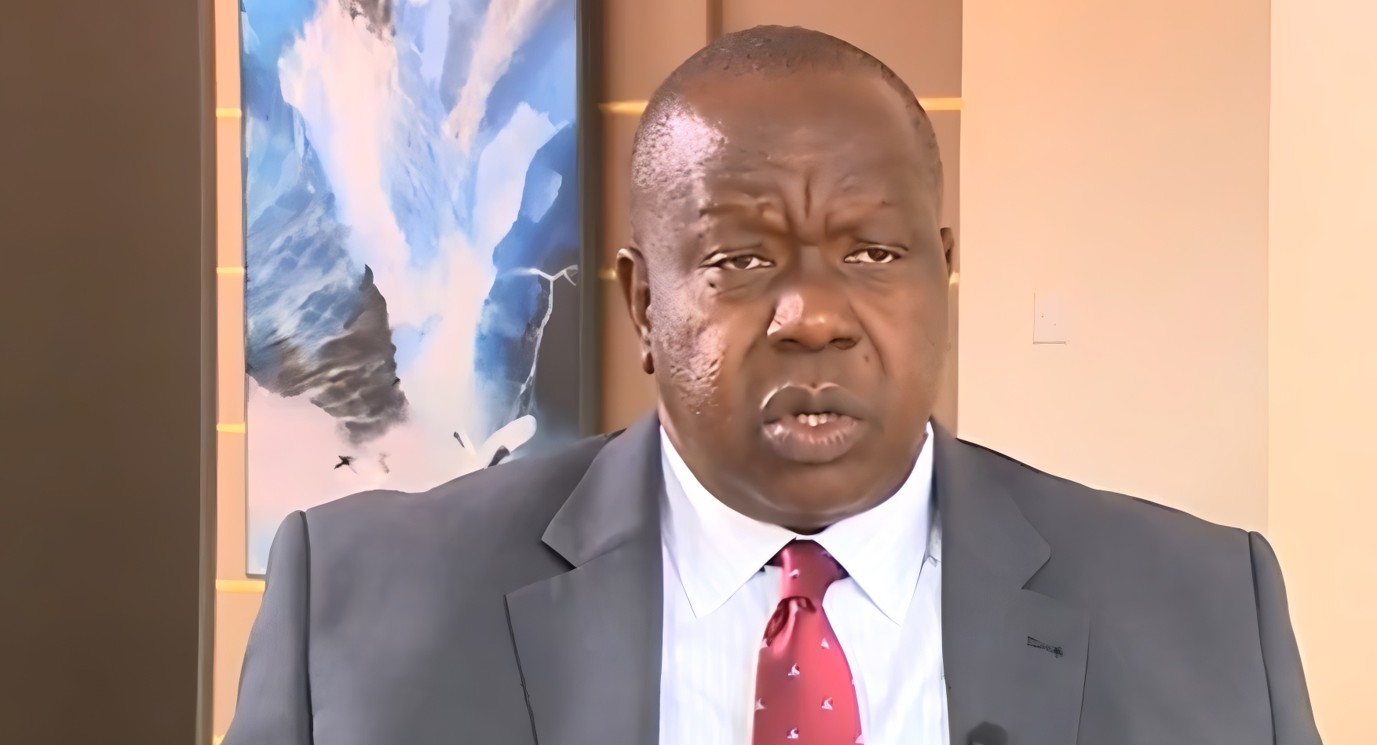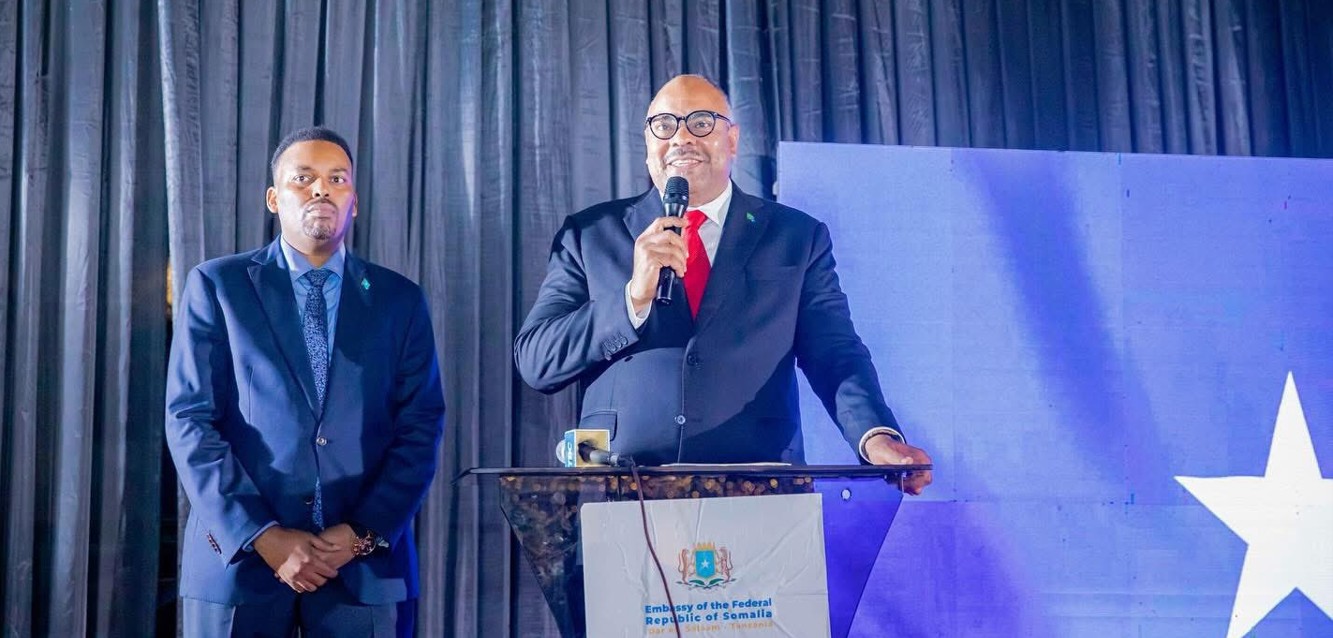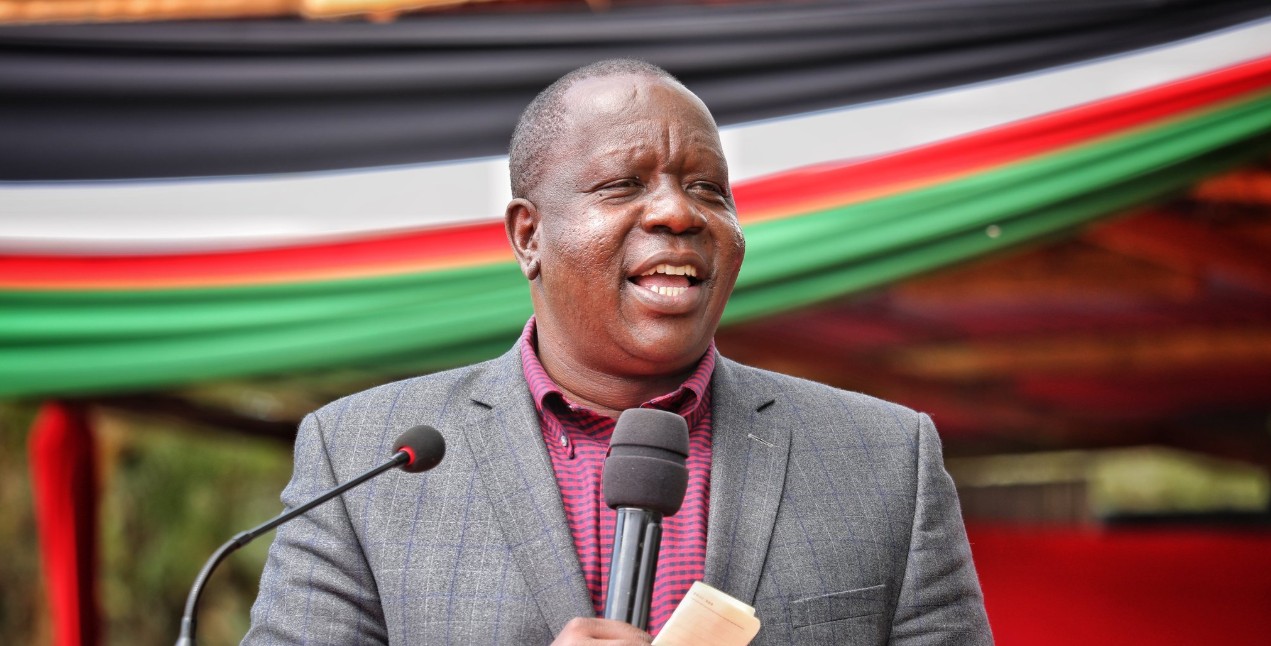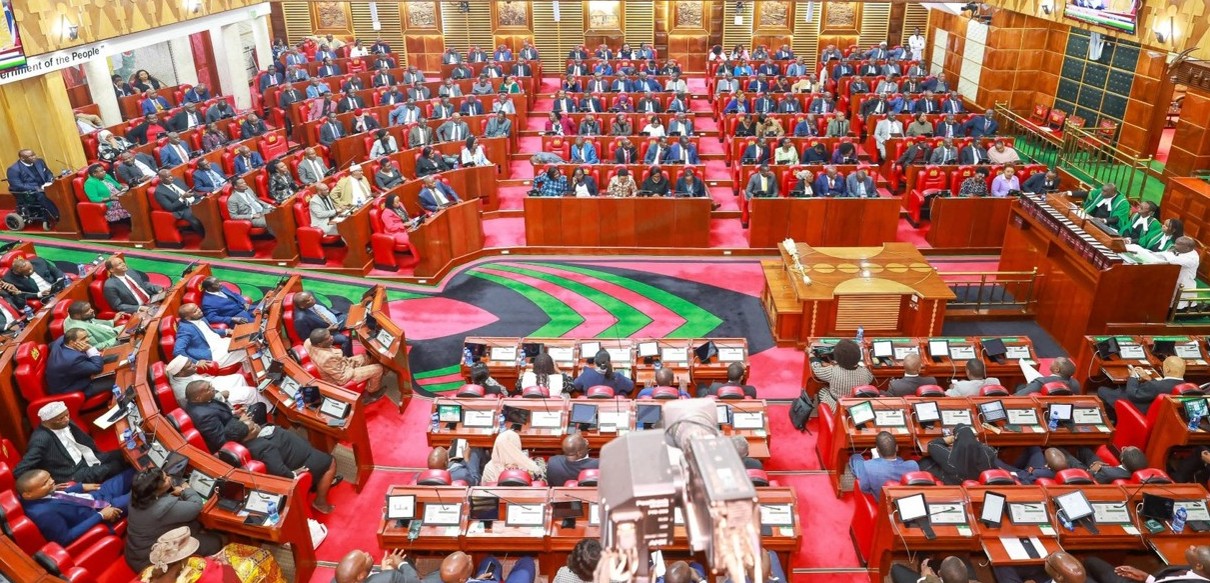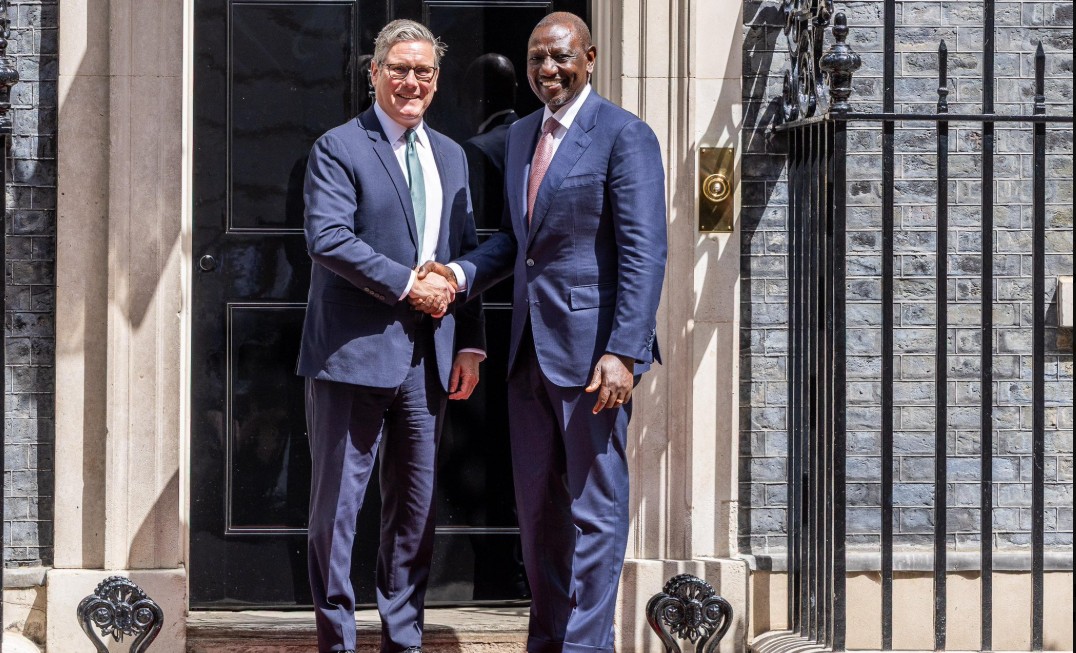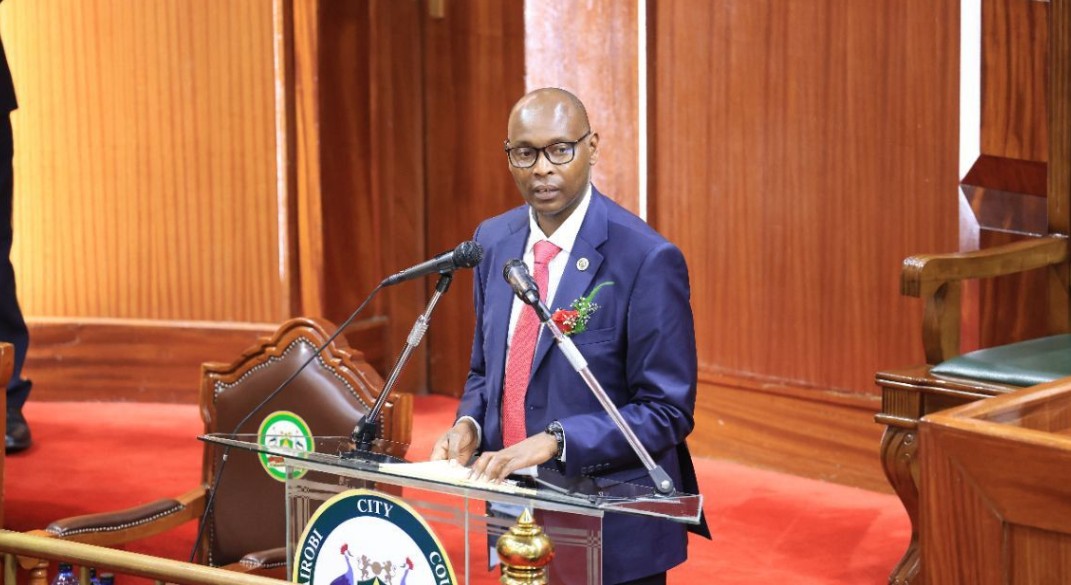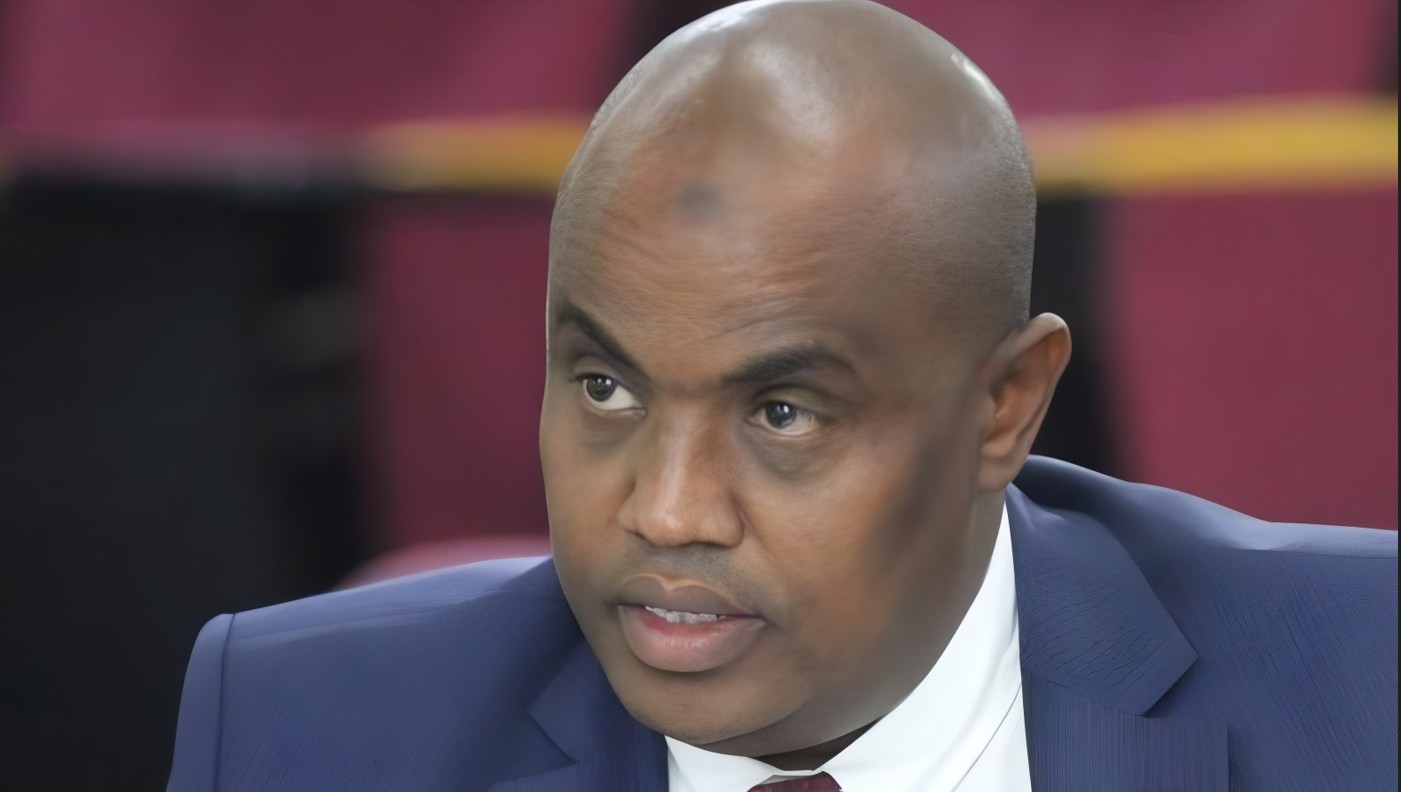Ethiopia's electoral board deregisters Tigray People's Liberation Front, casting uncertainty over peace process
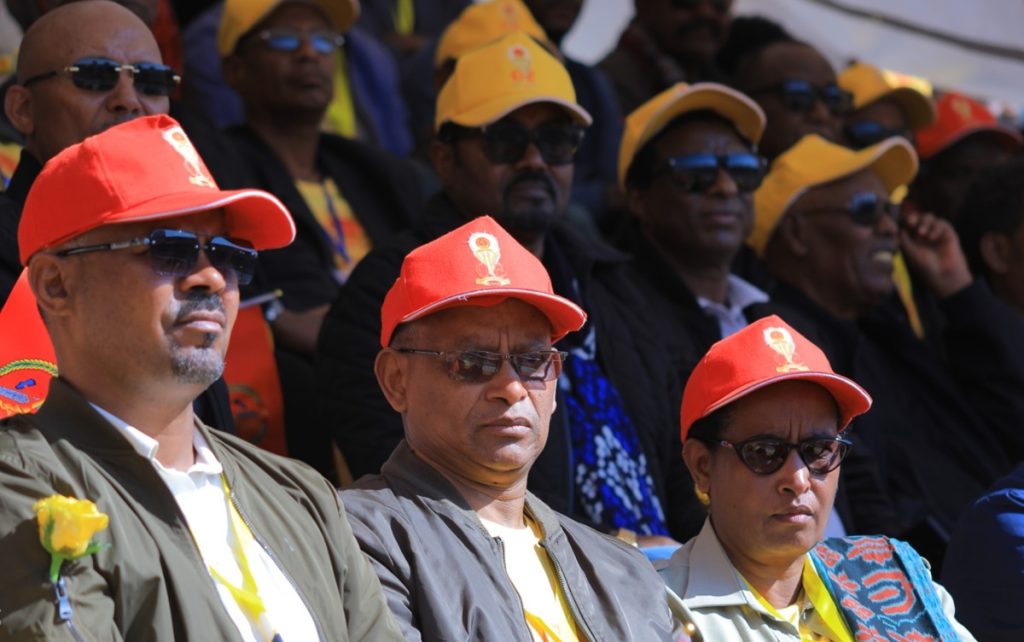
The decision comes at the end of a three-month suspension imposed on the TPLF for its failure to convene a federally recognised general assembly and elect new leadership.
The National Election Board of Ethiopia (NEBE) has formally revoked the legal status of the Tigray People's Liberation Front (TPLF), intensifying political uncertainty in a country still navigating the fragile aftermath of civil war.
The decision comes at the end of a three-month suspension imposed on the TPLF for its failure to convene a federally recognised general assembly and elect new leadership, as required under the terms of its reinstatement last August.
More To Read
- Commentary: Worse than evil; how stupidity fueled Ethiopia into raging inferno
- TPLF accuses Ethiopia, electoral agency of undermining Pretoria deal, warns peace at risk
- Ethiopia's PM Abiy appoints Tadesse Worede new leader of Tigray administration
- Ethiopian parliament amends law to grant one-year extension for Tigray interim administration
- TPLF rejects Ethiopia PM’s call to nominate Tigray interim president, says it violates Pretoria agreement
- Why the Tigray crisis is far from over
In a statement released on Monday, NEBE accused the TPLF of failing to "take corrective measures" within the stipulated suspension period, noting that the party had not met the conditions of its legal re-entry into Ethiopia's political landscape.
Its deregistration, effective May 13, 2025, effectively strips the TPLF of its federal political recognition, raising questions about the group's future role in national politics and, more critically, the implementation of the Pretoria Agreement, the peace deal that brought a formal end to the Tigray war.
The TPLF's legal reinstatement in August 2024 had come under what NEBE called "special circumstances"—a political concession tied to the Pretoria Agreement and the establishment of the Tigray Interim Administration (TIA).
That arrangement was intended to reintegrate Tigray into Ethiopia's federal structure, stabilise the region, and lay the groundwork for eventual elections.
By failing to meet basic organisational benchmarks, the TPLF now finds itself outside the formal party system at a time when Ethiopia's post-war reconciliation efforts remain precarious.
Once the dominant force in Ethiopia's ruling coalition for nearly three decades, the TPLF's fall from power in 2018 triggered a deepening rift with Prime Minister Abiy Ahmed's government, culminating in the devastating two-year conflict between Tigrayan forces and federal troops.
The Pretoria Agreement—signed in November 2022 under the auspices of the African Union—halted the fighting but left unresolved many of the political fault lines that sparked it.
The TPLF's deregistration raises fresh doubts about the durability of the peace accord, particularly if the group challenges the decision or if its exclusion undermines the legitimacy of the TIA, which remains the de facto governing body in Tigray.
Top Stories Today
